Living in Grenada: A Cultural Guide for New Grenada CBI Citizens
Cultural orientation will soon be a formal requirement for applicants under Grenada’s Citizenship by Investment Programme. For those exploring the island - whether as visitors or prospective Grenada CBI citizens - understanding local history, laws, and culture will help anyone integrate more fully into Grenadian life, and now directly ties into Grenada’s CBI requirements.
Grenada offers a welcoming, safe, and affordable lifestyle within a stable democratic system. The island’s friendly communities and tax advantages also add to its appeal. It remains one of the most appealing destinations in the Caribbean.
.png)
Grenada is a small yet culturally rich island nation in the Southern Caribbean, celebrated for its warmth - both in climate and community. Often called the “Spice Isle” for its production of nutmeg, cocoa, and mace, Grenada offers a unique blend of tropical beauty, affordability, and safety. With a stable political system, strong local identity, and growing infrastructure, it’s no surprise that the Grenada CBI programme is becoming so popular for those seeking alternative passports and residency.
As the Citizenship by Investment landscape in Grenada evolves with the Heads of Government of the OECS signing the proposed Eastern Caribbean Citizenship by Investment Regulatory Authority Agreement, - future CBI citizens will be required to undergo cultural orientation. This guide provides an overview of life in Grenada and key things you need to know about life on the Spice Isle.
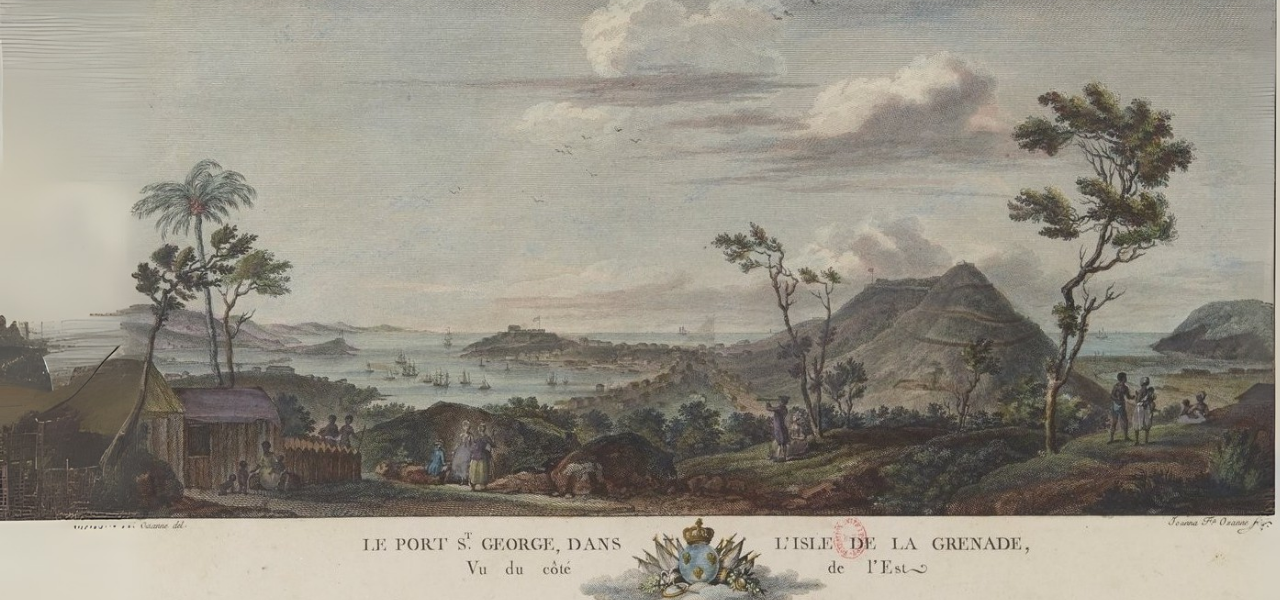
Grenadian History, Identity, Culture & Values
Grenada’s history is layered with indigenous heritage, the European colonisation period, and ultimately the development of a resilient democratic nation. The island was first inhabited by the indigenous Amerindians officially called the Kalinagos. During the colonisation period, it was conquered by the Spanish, French and British at various times with the British eventually controlling the island. Despite being a British Colony for an extended period, many villages have maintained French names. Like much of the Caribbean, enslaved African people were captured and forced to work until the abolition of slavery in 1834.
- Independence: On 7th February 1974 Grenada became the first State in the Eastern Caribbean to gain Britain. It’s first Prime Minister was Sir Eric Matthew Gairy who is called the Father of Independence
- Revolution: From 13th March 1979, the Grenada revolution commenced and ended on 25th October 1983. During the period of the revolution the literacy rate in Grenada significantly increased and numerous social reforms and policy were introduced like social security and maternity leave for women. The leader of the Grenada revolution was Maurice Bishop and after his death, the revolution collapsed during which time the US invaded and restored democracy.
Grenada is a democratic country which upholds the principles of free and fair elections. It is a member of the Commonwealth, CARICOM, the OECS and the United Nations. Understanding Grenada’s history is essential for appreciating its modern identity, culture and values.
- National Motto: Ever Conscious of God, We Aspire, Build and Advance as One People
- Official Language: English (with French Patois spoken in some rural areas)
- Religious Affiliation: Roman Catholic (44%), Protestant (43%), other faiths and non-religious (13%)
Community life is central to Grenadian identity, where neighbours look out for one another and local events are well-attended. Music and arts thrive - from calypso, soca, big drum, steelpan to folk dance and shakespeare mas. Cricket, football, and athletics are widely enjoyed. Grenada is also known for its low crime rate and strong sense of safety, with both locals and expats feeling secure across the island.
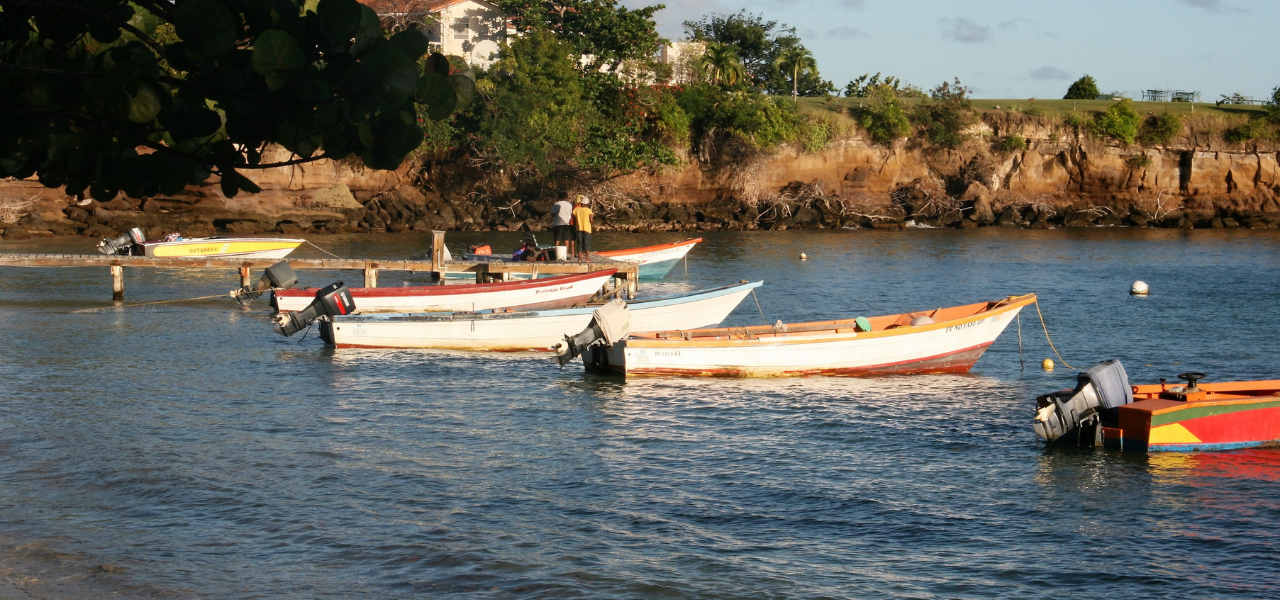
Geography, Nature & Climate
Grenada’s natural beauty combines mountainous rainforests, volcanic landscapes, and pristine coastlines.
- Main Islands: Grenada (95% of population), Carriacou (4%), Petite Martinique (1%)
- Capital: St. George’s, one of the Caribbean’s most picturesque harbours
- Grand Anse Beach: 3 km of soft white sand and calm seas just south of the capital
- Landscape: Mountains, rainforests, waterfalls like Annandale and Concord, and crater lakes like Grand Etang
- Marine Life: Rich coral reefs, excellent snorkelling, and the world’s first underwater sculpture park
- Climate: Average 28°C/82°F year-round. Dry season January–May, wet season June–December. Grenada is near the hurricane belt but rarely suffers direct hits.
Government, Law & Civic Life
Grenada’s political and civic systems are stable, democratic, and accessible. The country follows a British-style parliamentary democracy under a constitutional monarchy, with both governance and civic freedoms well established.
- System: Parliamentary democracy under a constitutional monarchy
- Head of State: King Charles III, represented locally by the Governor-General
- Head of Government: Prime Minister, supported by Cabinet ministers
- Legislature: Bicameral - House of Representatives and Senate
- Legal System: Rooted in English common law
- Elections: General elections are constitutionally due every 5 years and called at the discretion of the Prime Minister during that period.
Everyday Life in Grenada
Day-to-day life in Grenada is laid-back yet well-supported by reliable infrastructure, a strong sense of safety, and access to quality education and healthcare.
- Healthcare: The public system is anchored by the General Hospital in St. George’s, with smaller medical centres across the island.
- Utilities and Connectivity: Electricity is generally reliable, produced mainly from diesel but with growing investment in solar energy. Water is safe and treated. Broadband internet and mobile services are widely available, and the government continues to expand digital infrastructure.
- Safety: Grenada is one of the safest islands in the Caribbean. Strong community bonds contribute to a secure atmosphere in both towns and villages, with low levels of petty crime.
- Education: Grenada is home to the prestigious St. George’s University School of Medicine (SGU), a globally recognised institution with a residency match rate of over 94%. Beyond medicine, SGU offers programs in arts, sciences, and veterinary studies. Each year, Grenadian citizens are eligible for 100 undergraduate scholarships and 22 medical school scholarships, making education highly accessible.
Economy and Taxes
Grenada’s economy is supported by tourism, agriculture, education, and construction, while its tax system offers clear advantages for both residents and international investors.
- No Global Taxation: Grenada does not tax worldwide income, making it attractive for individuals engaged in international business.
- Income Tax: Residents benefit from the first XCD 36,000 of their income being tax free, with progressive rates from 10% to 28%. Companies and individuals resident in Grenada do pay tax on locally earned income at 30%.
- Property Tax: Ranges from 0.2% to 0.5% of the property’s assessed value.
- Non-Residents: Taxed only on Grenadian-sourced income.
- No Capital Gains or Inheritance Tax: There is no capital gains tax and no inheritance tax, an advantage for estate planning.
This straightforward tax regime is designed to be business-friendly and transparent. For global entrepreneurs, retirees, and investors, the favourable tax environment enhances not only Grenada’s reputation as a safe and stable jurisdiction but also the overall benefits of holding Grenadian citizenship and a Grenadian passport.
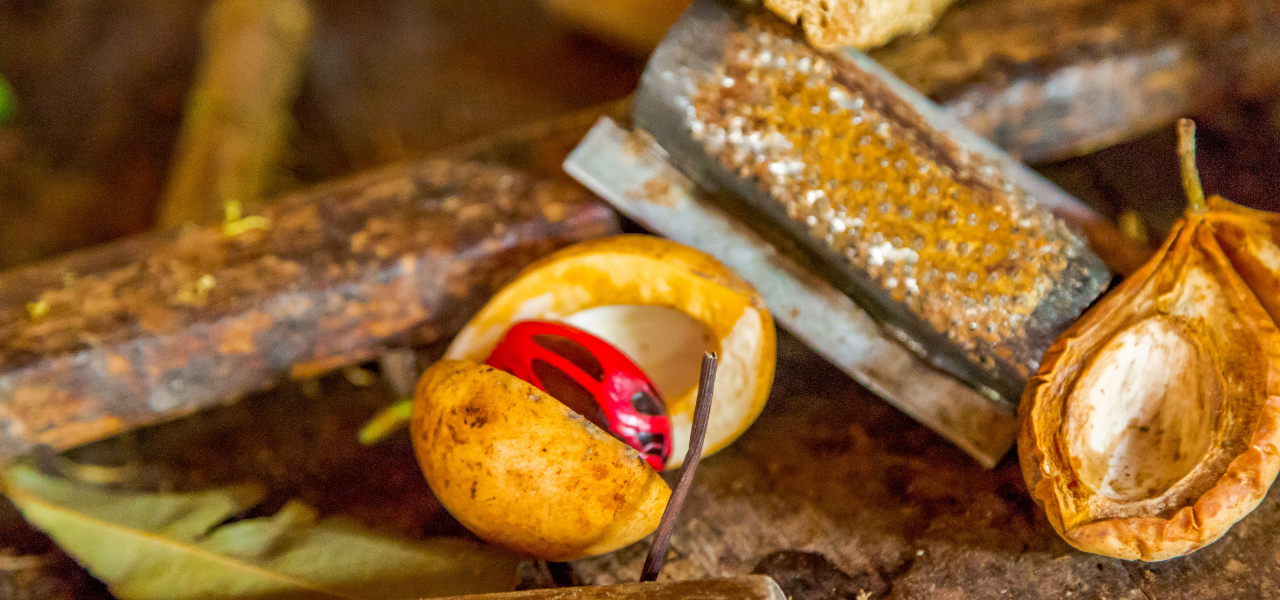
Festivals, Food & Social Life
Grenada’s spirit is most visible in its cultural events and cuisine.
- Spicemas Carnival (August): Parades, Jab Jab, calypso, soca and steelpan
- Carriacou Maroon and String Bank Festival: African heritage celebrated with drumming, food, and dance
- Petite Martinique Whitsuntide Regatta and Carriacou Regatta: Sailing and community festivities
- Grenada Billfish Tournament and Sailing Festival: Showcase the island’s maritime
- Saraka: honouring African heritage with food, traditional dances, drums and thanksgiving.
Read more in our article: Evolving Grenada CBI Requirements: Grenada’s Jab Jab Culture and Sound
Food is rich with African, French, and Indian influences:
National Dish: Oil Down - breadfruit, coconut milk, turmeric, and salted meat or fish
Other Dishes: rice & peas, stewed chicken, souse, callaloo, lambie (conch), lobster, and other fresh seafood (tuna, marlin, mahi-mahi)
Drinks: Fresh juices including lime, golden apple, passionfruit, guava, mauby and sorrel; Carib beer, rum punch, and cocktails.
Read more in our article: Evolving Grenada CBI requirements: Grenada’s national dish
Grenada - Quick Facts
- Population: 117,000
- Capital: St. George’s
- Main Islands: Grenada (348.5 km²), Carriacou (34 km²), Petite Martinique (2.37 km²)
- Currency: Eastern Caribbean Dollar (XCD)
- Official Language: English
- Time Zone: Atlantic Standard Time (no daylight saving)
- Direct Flights From: New York, Miami, Toronto, London, Atlanta (seasonal), Germany (seasonal), Charlotte (seasonal)
- Student Population: 4,000+ at St. George’s University
- Religions: Christianity (mostly Roman Catholic and Protestant)
- Top Industries: Tourism, agriculture, education, construction.
Final Thoughts

Grenada is far more than a picturesque island destination; it is a nation with deep cultural roots, a vibrant history, and a welcoming community that values unity, safety, and authentic Grenada culture. With cultural orientation becoming a formal requirement for new citizens under the Grenada Citizenship by Investment Programme, understanding Grenada’s way of life has never been more important.
Cultural orientation makes citizenship more meaningful, turning legal recognition into a sense of true belonging. For newcomers, it bridges the gap between residency and participation in society. For Grenada, it preserves identity and strengthens community bonds. Together, both sides benefit - creating a shared future.




.svg)





.png)
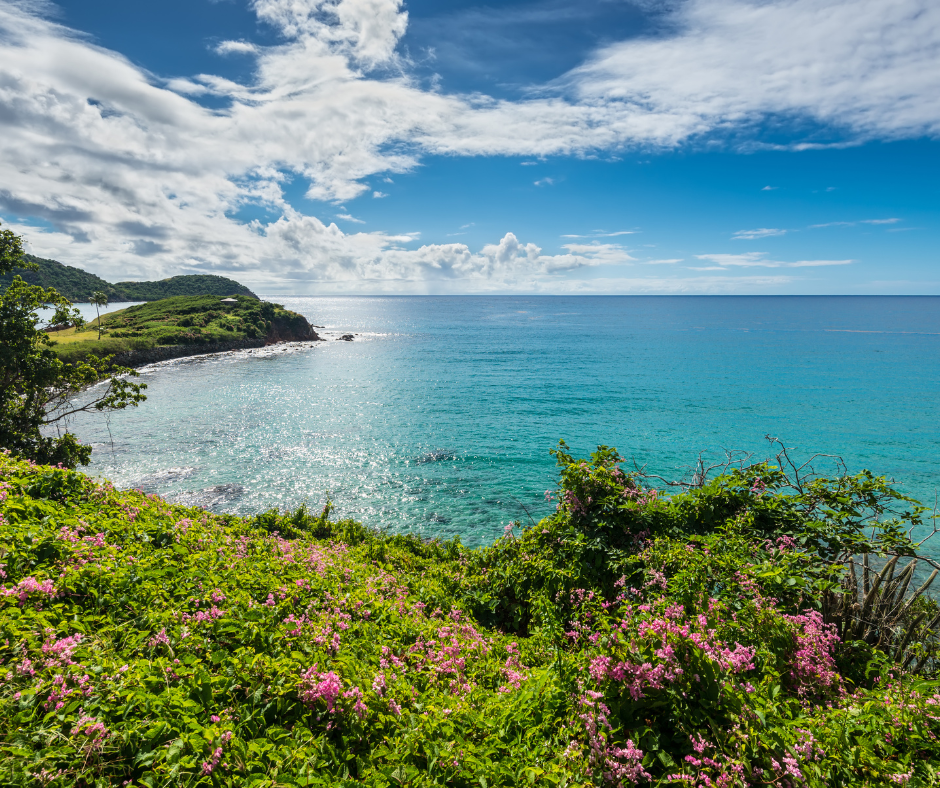
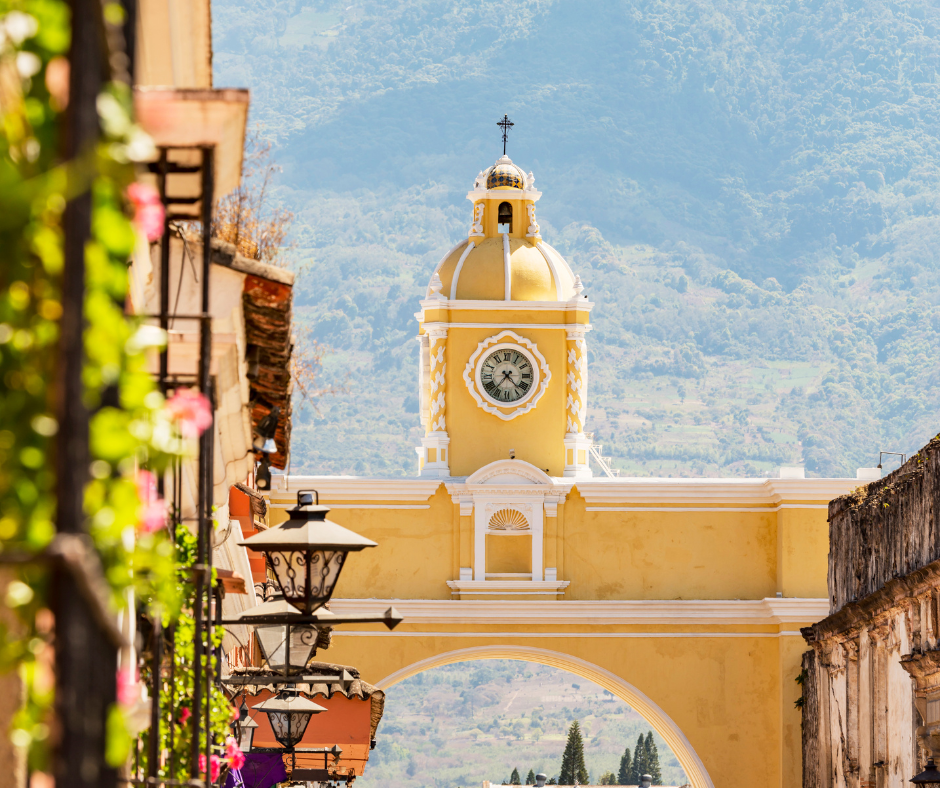
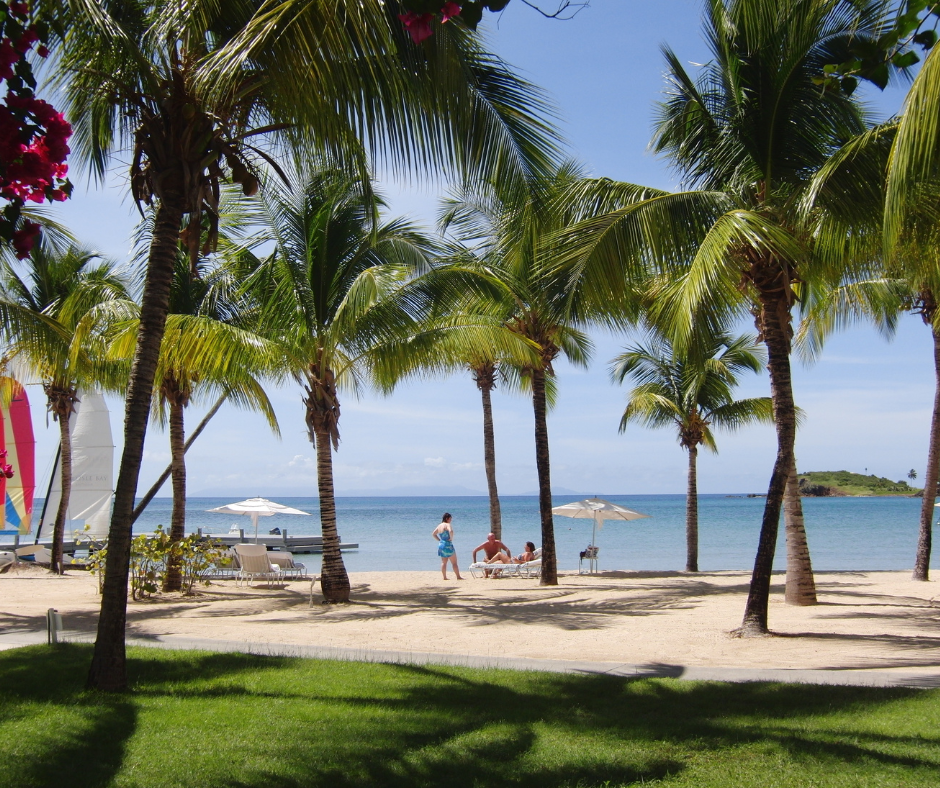
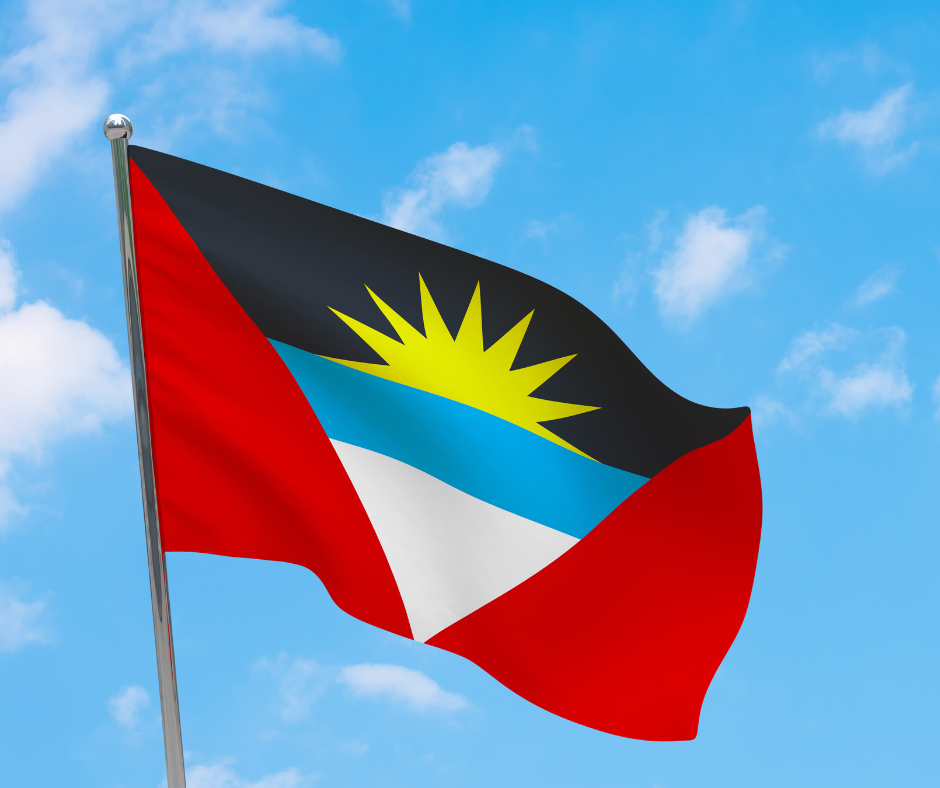

.png)
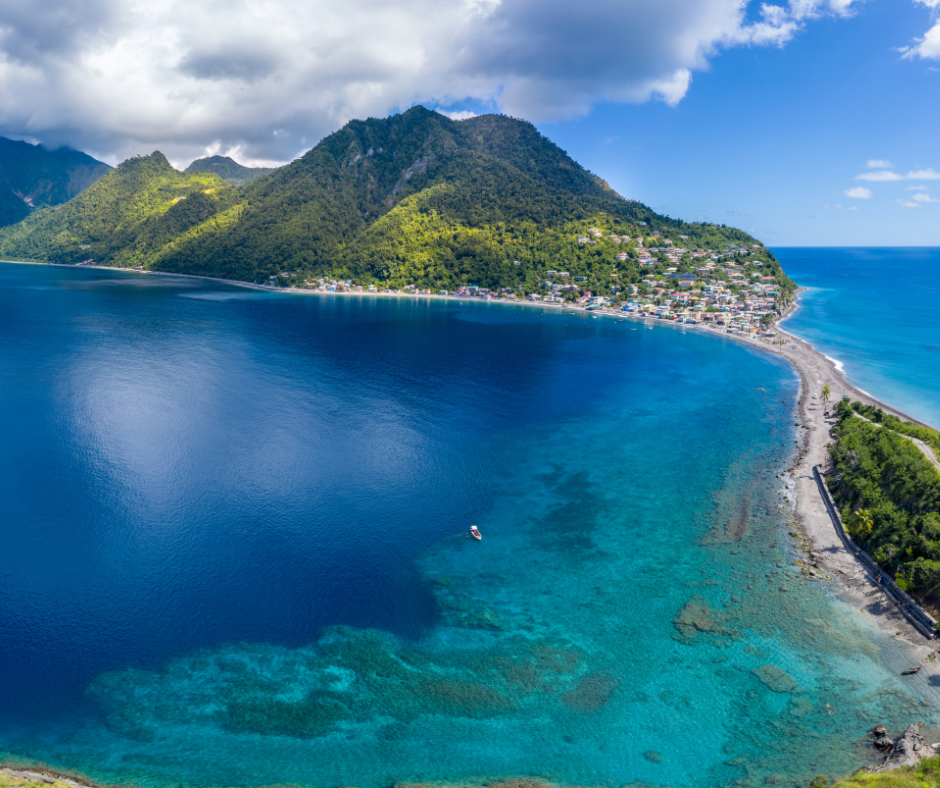
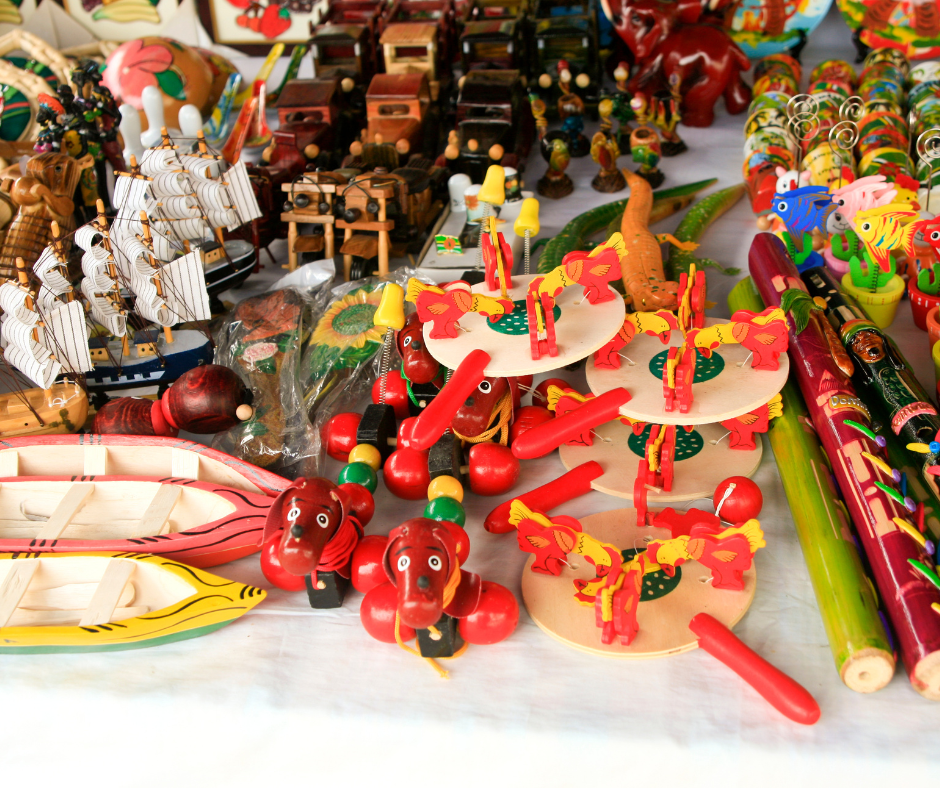
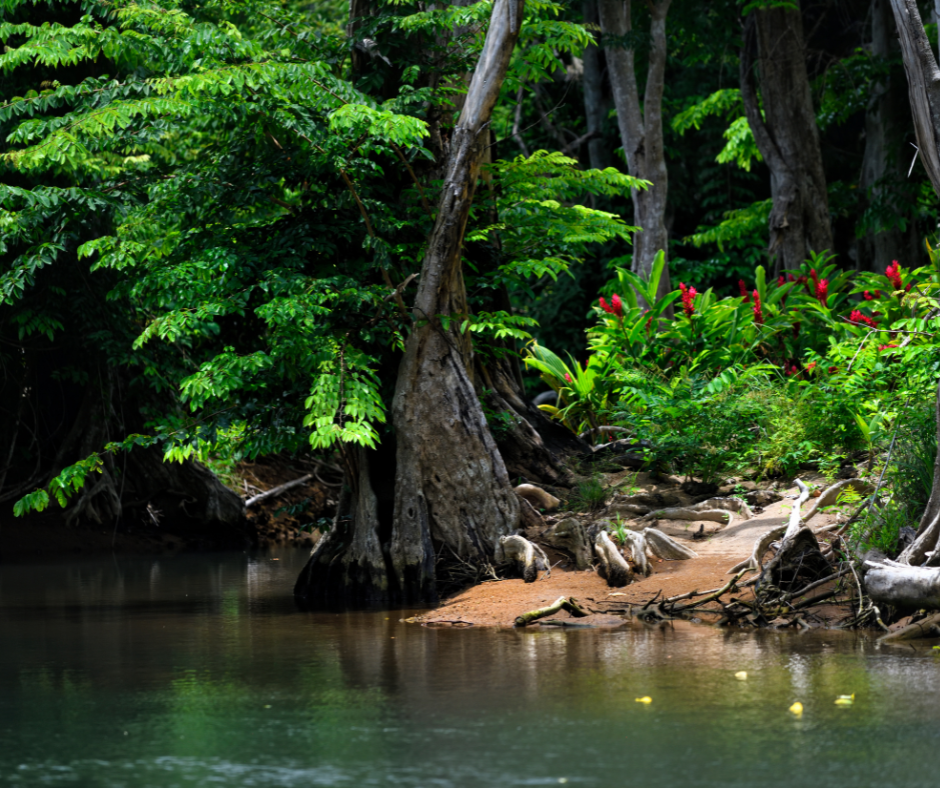
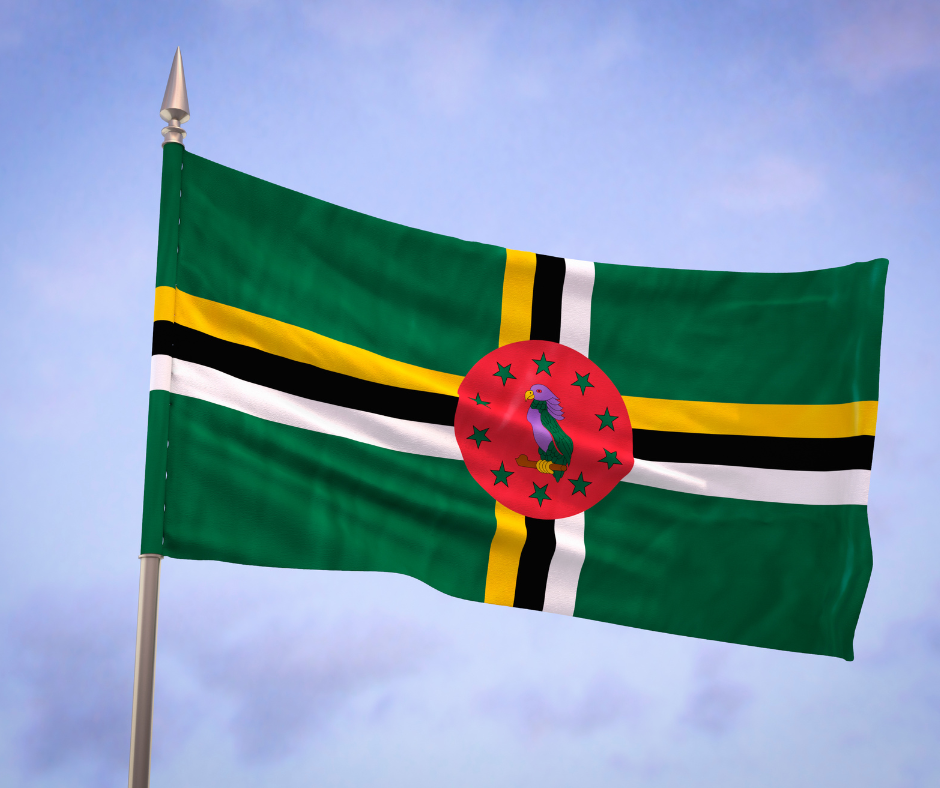
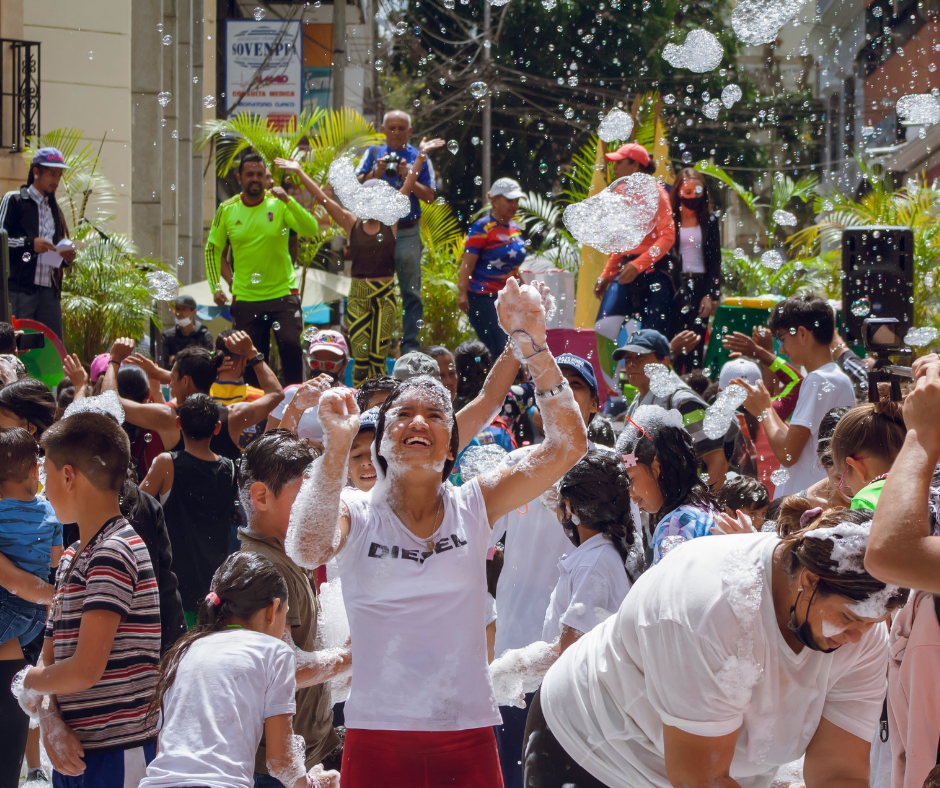
.png)
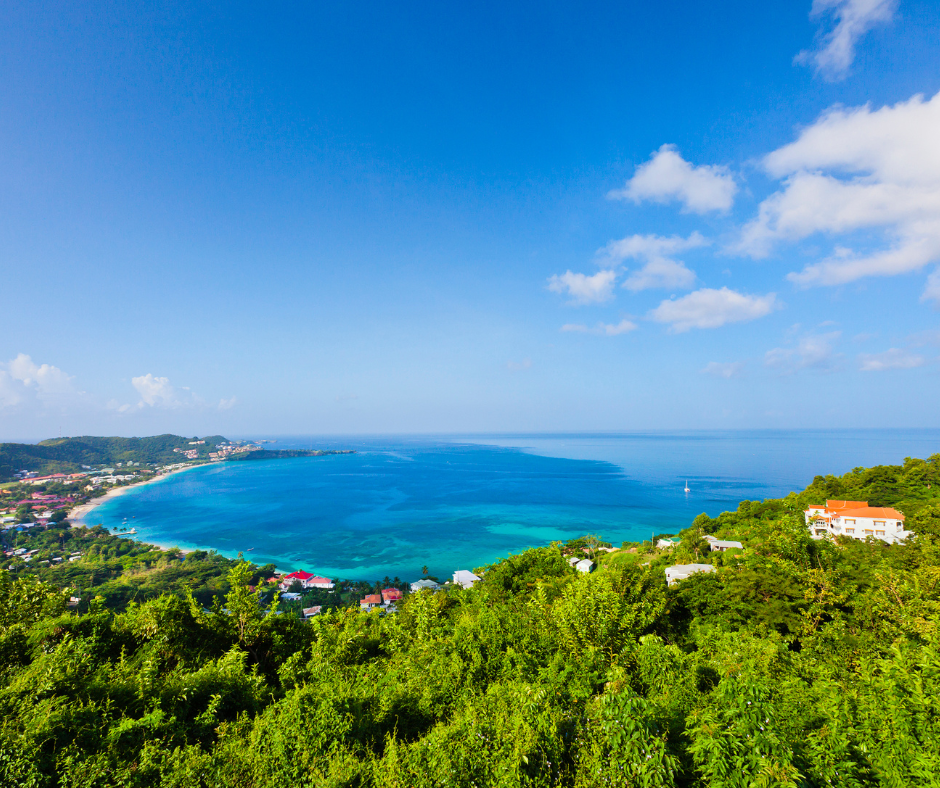
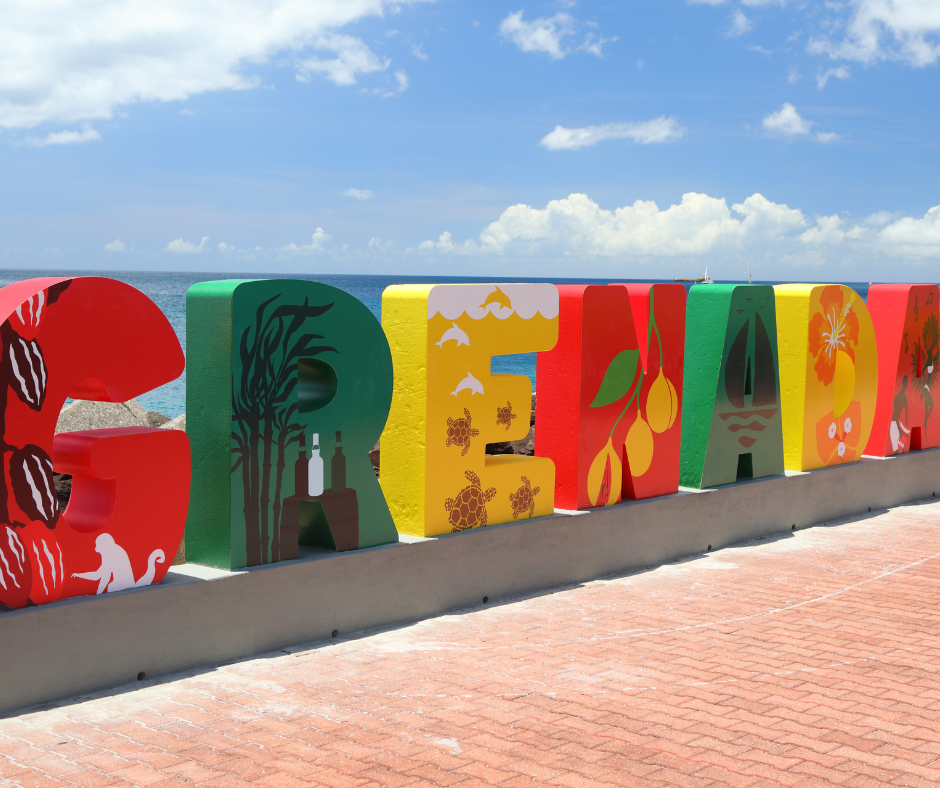
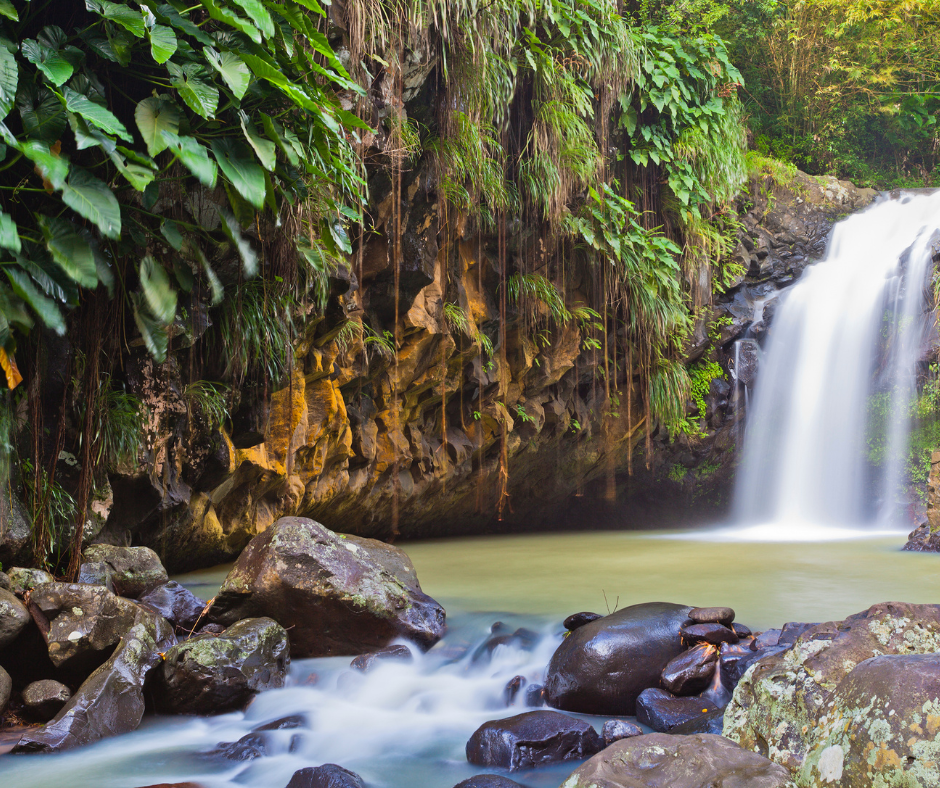
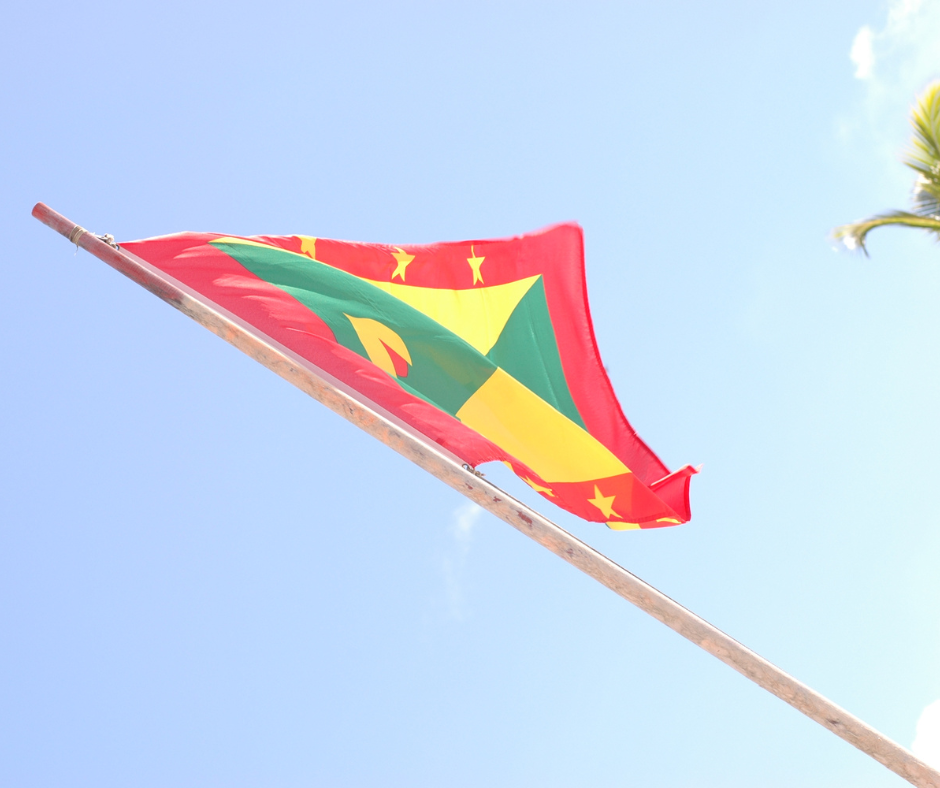
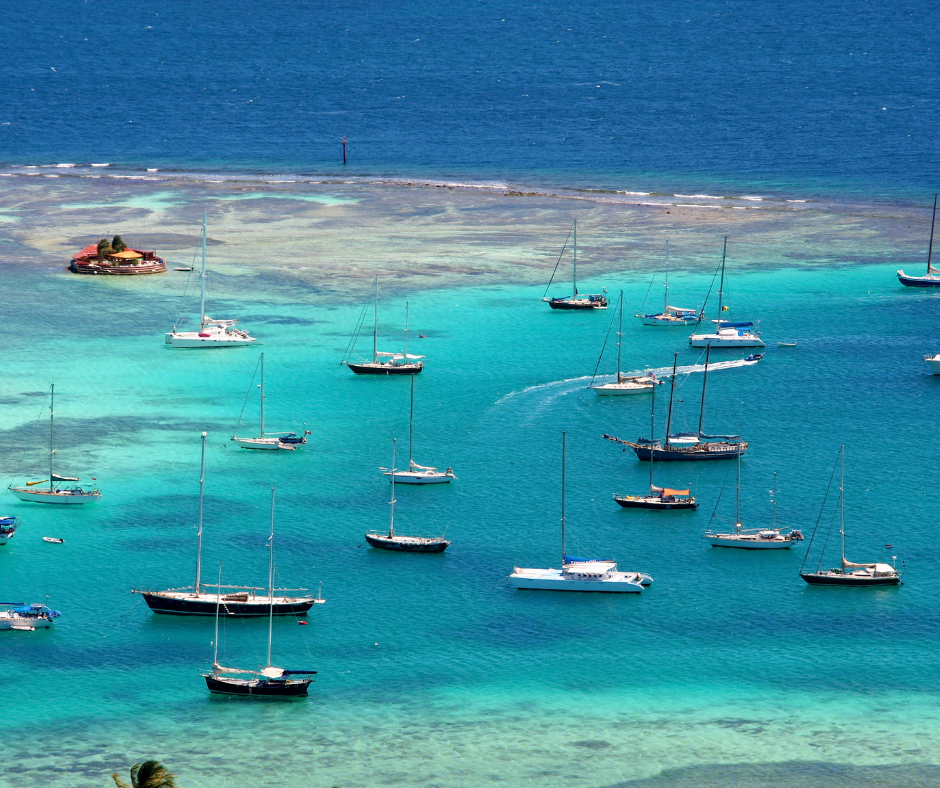
.png)
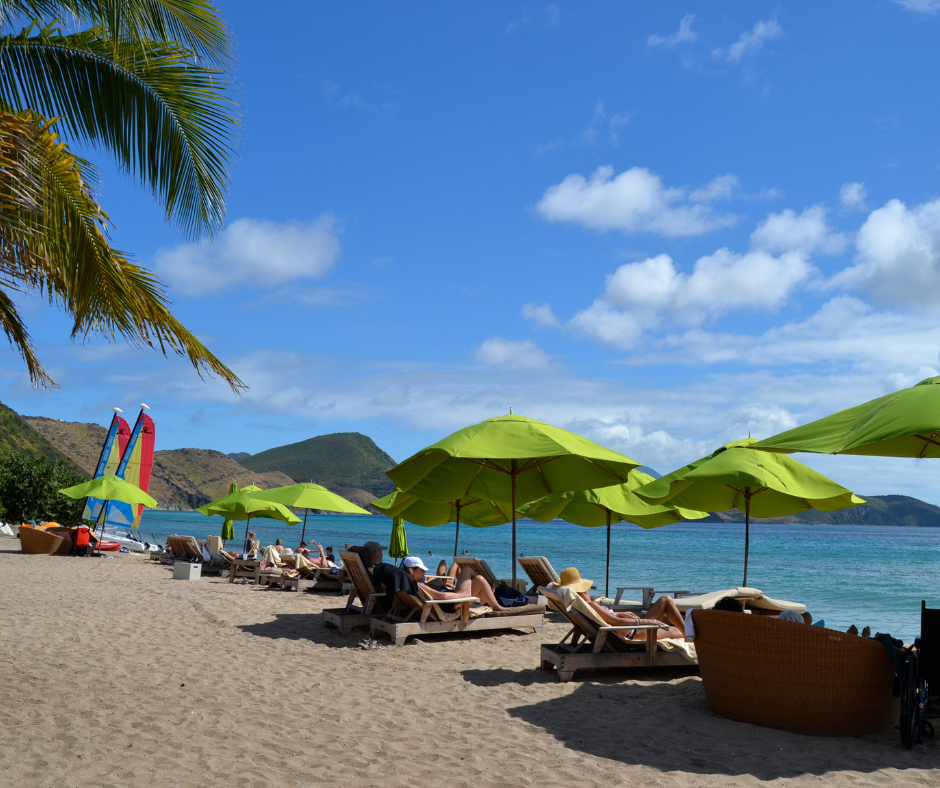
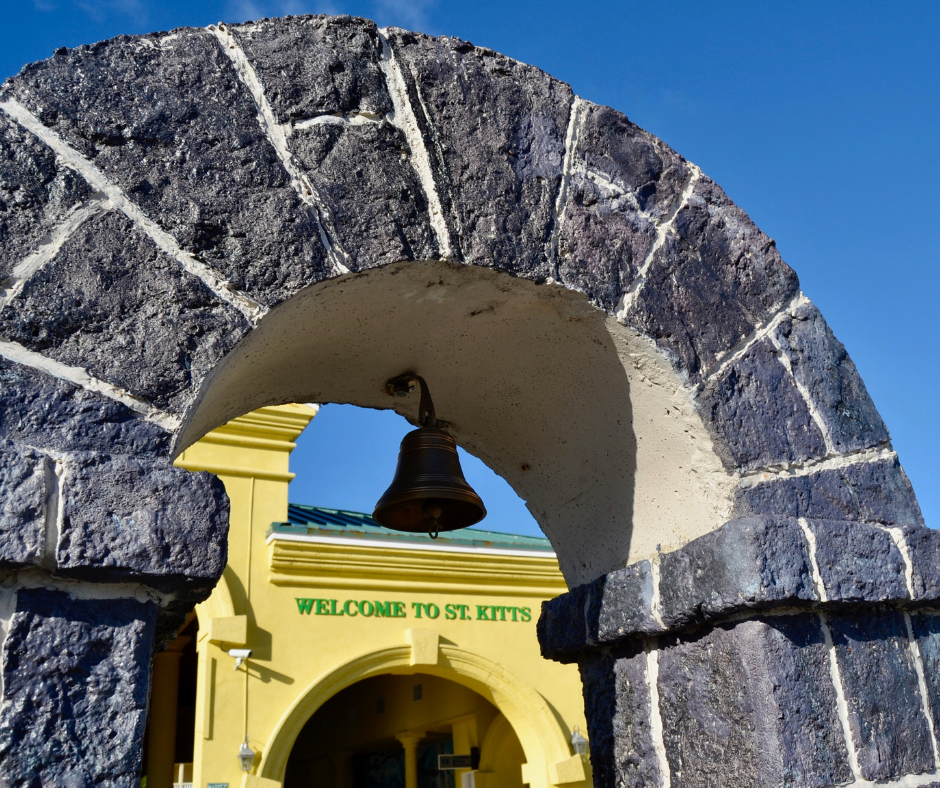
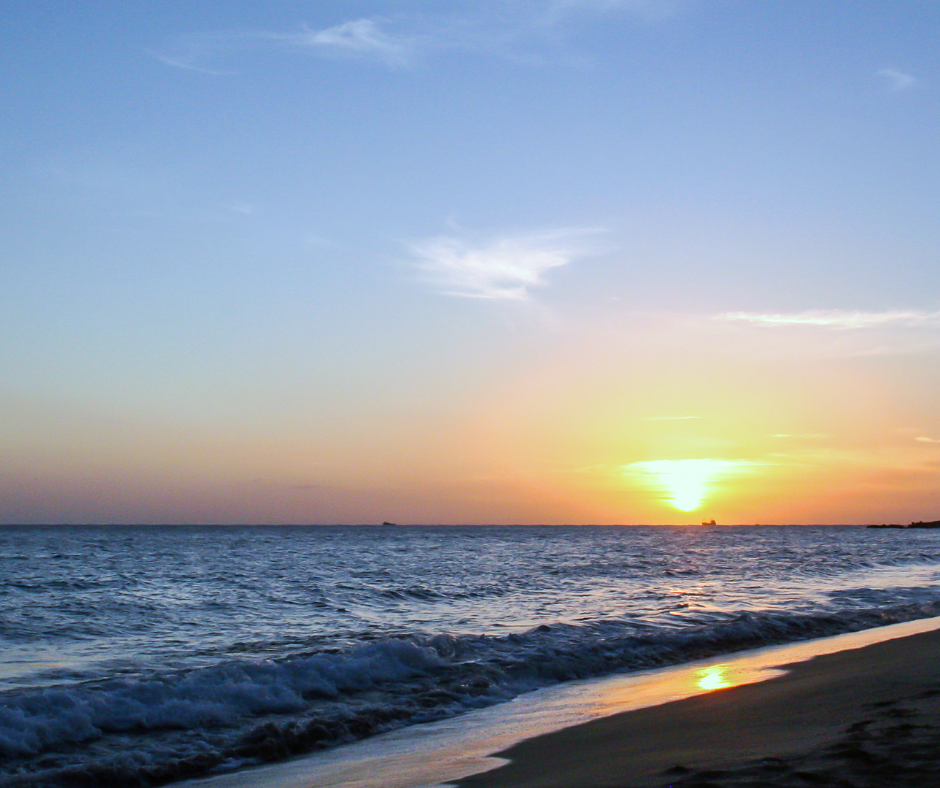
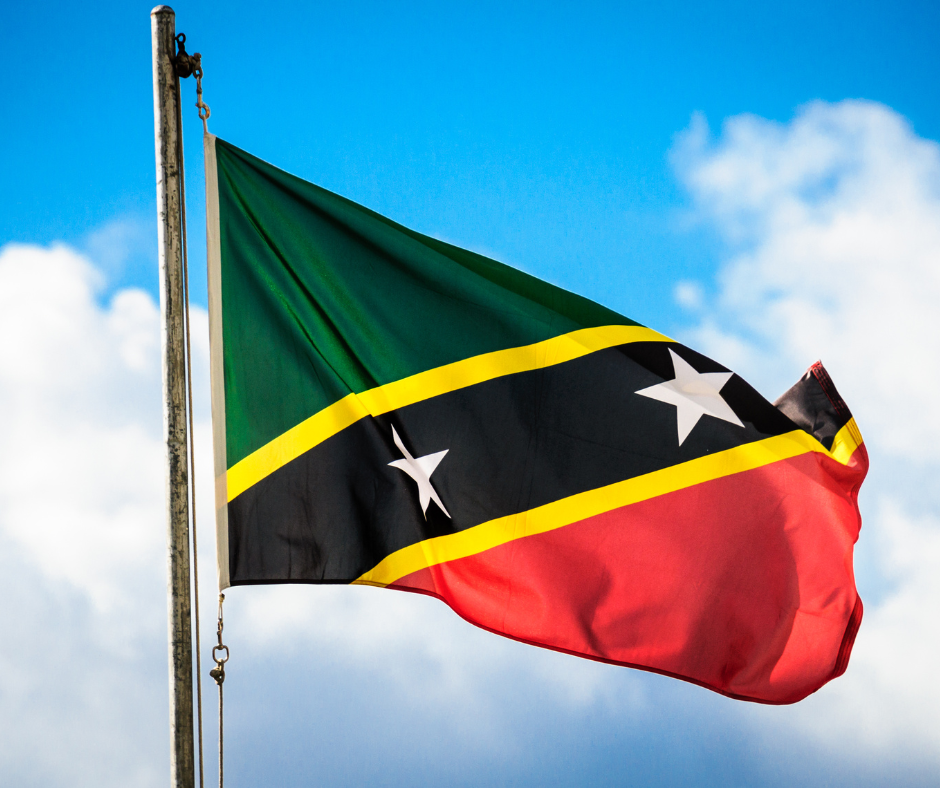
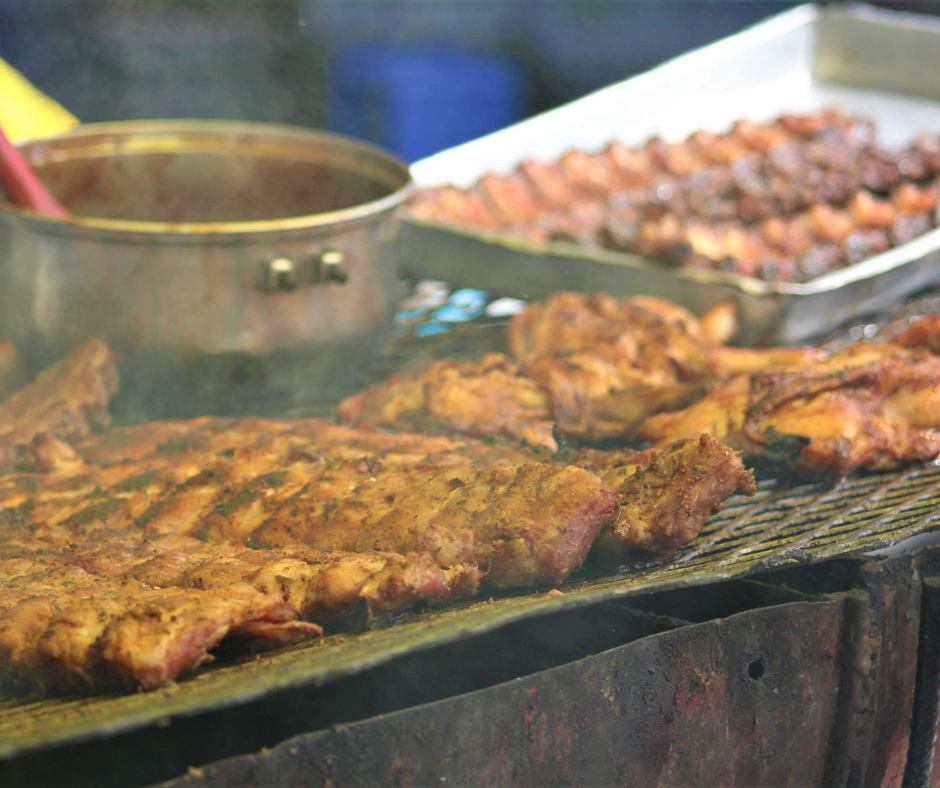
.png)
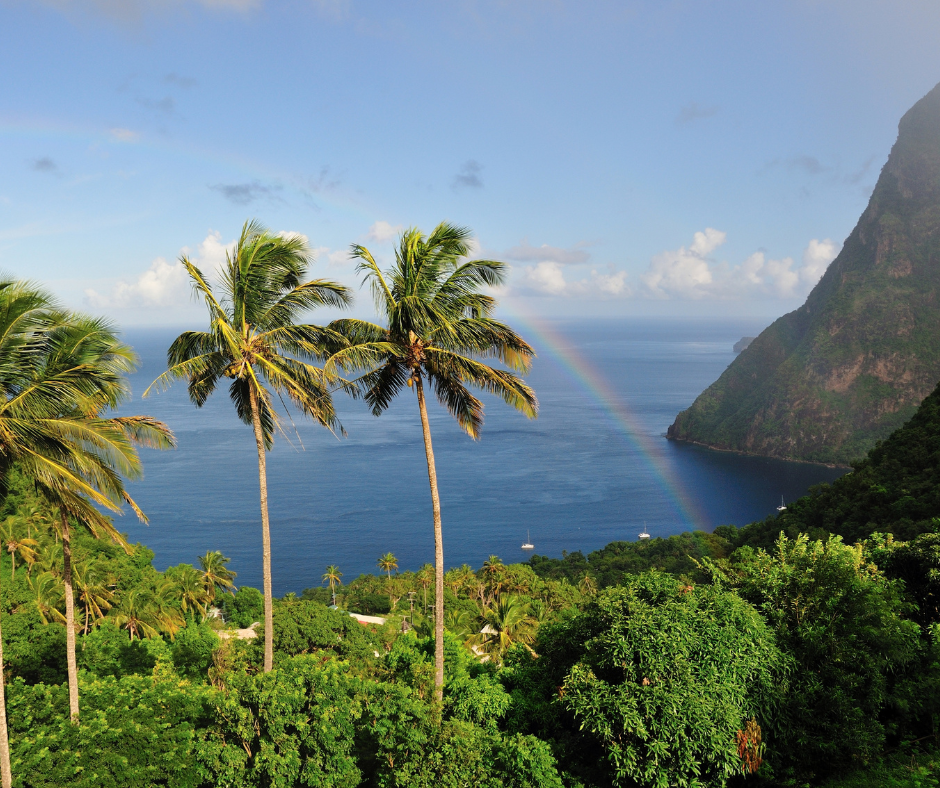
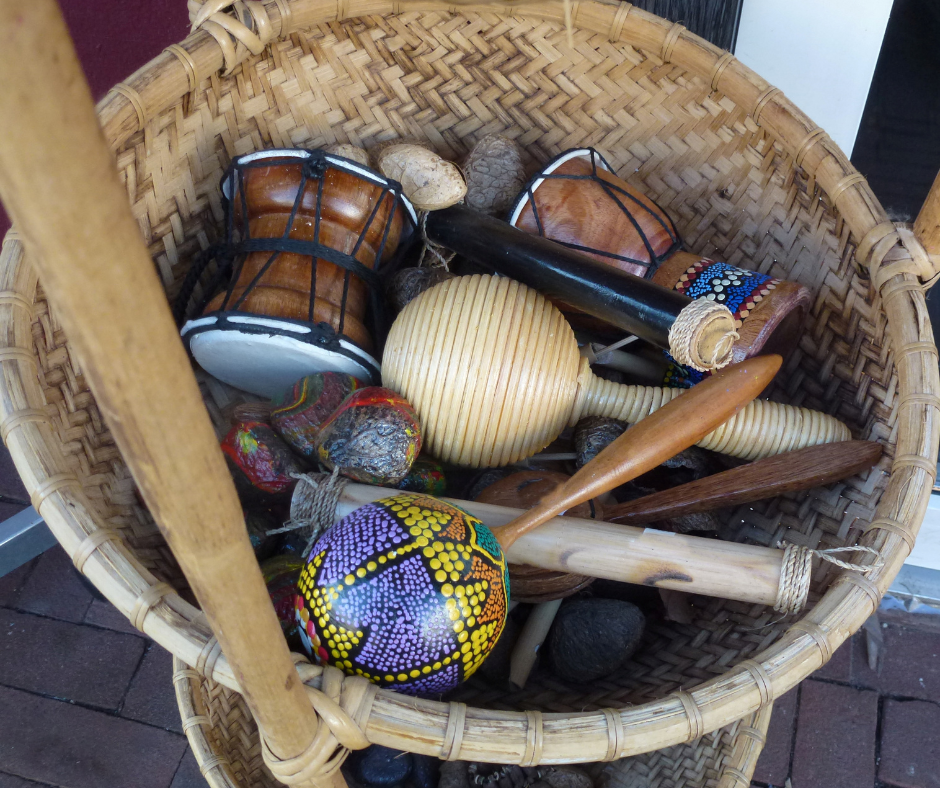
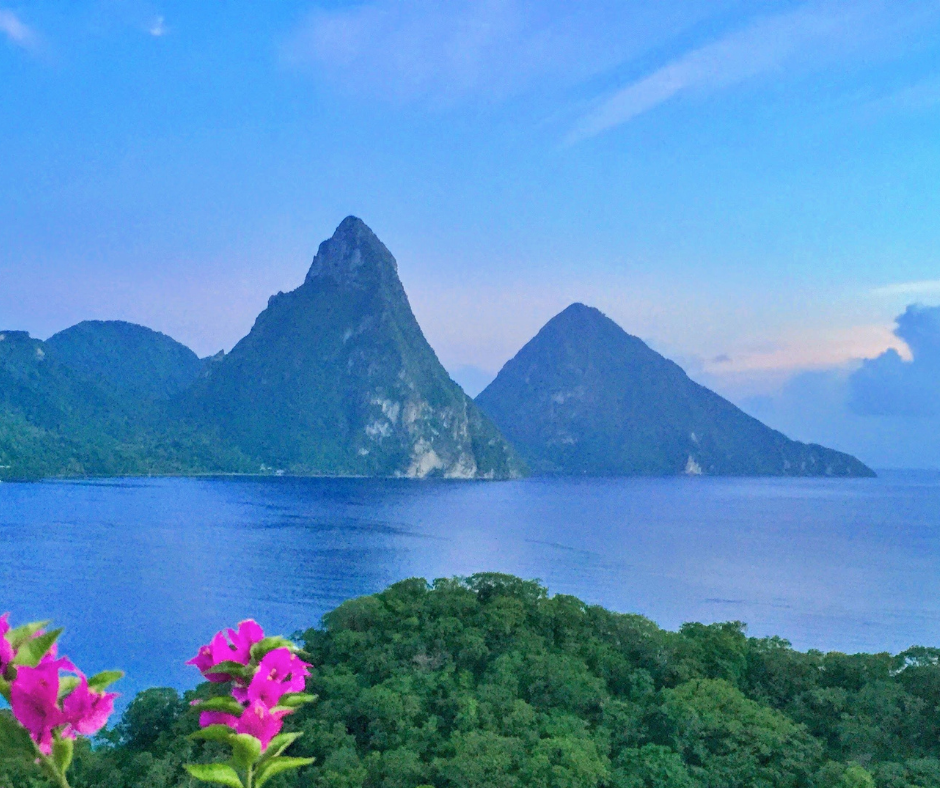
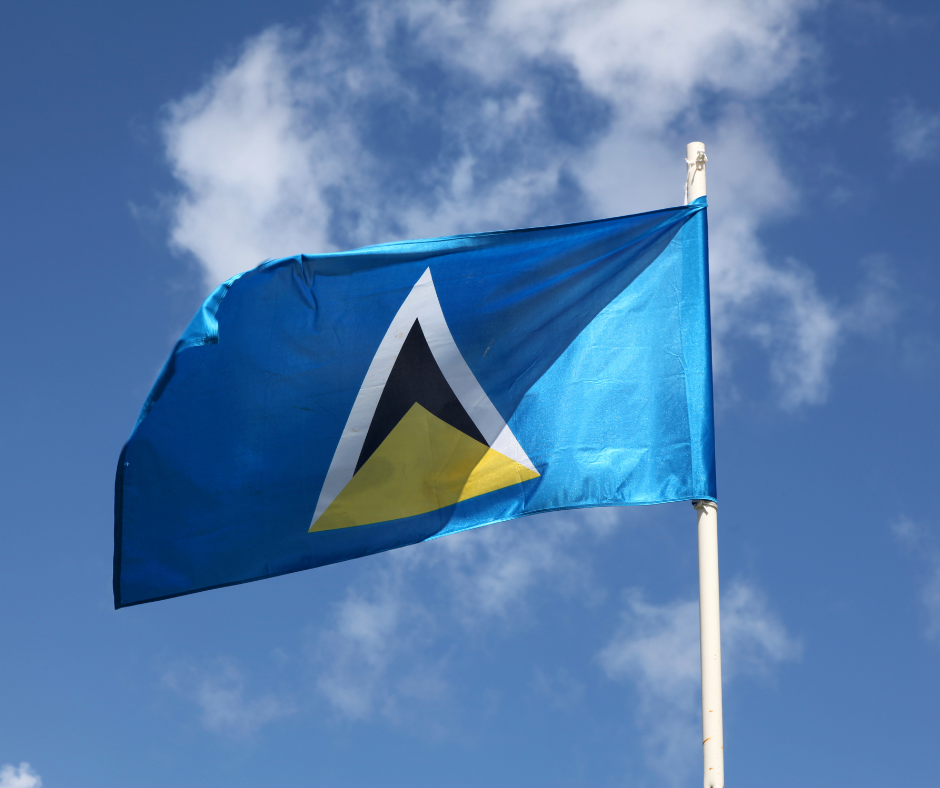
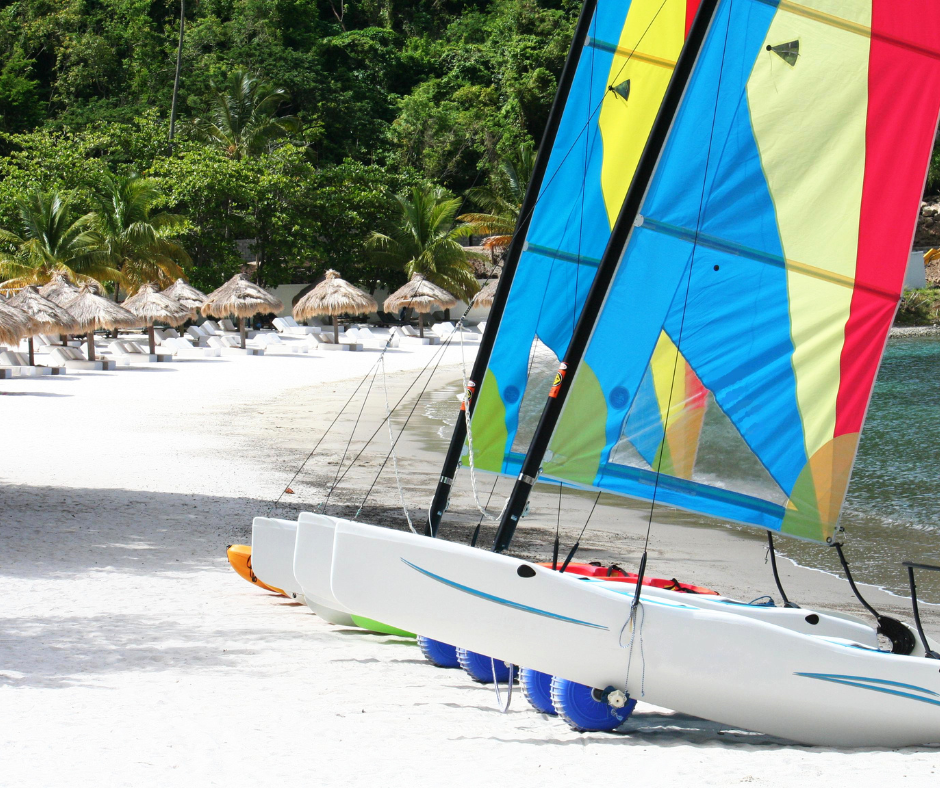
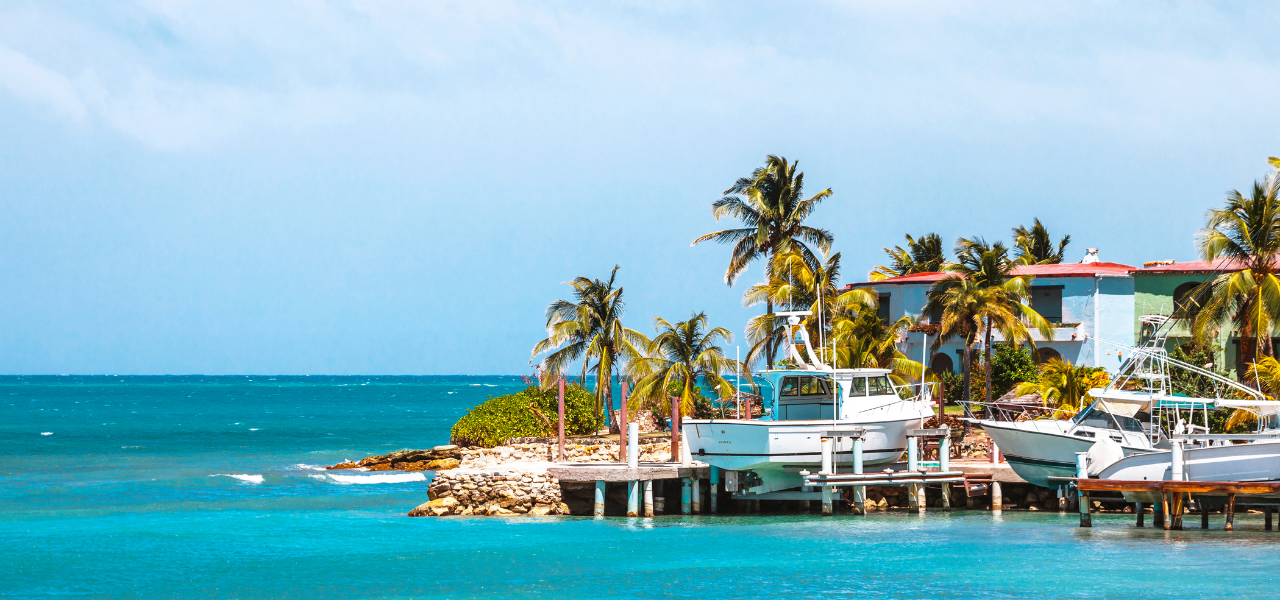
.png)

.png)